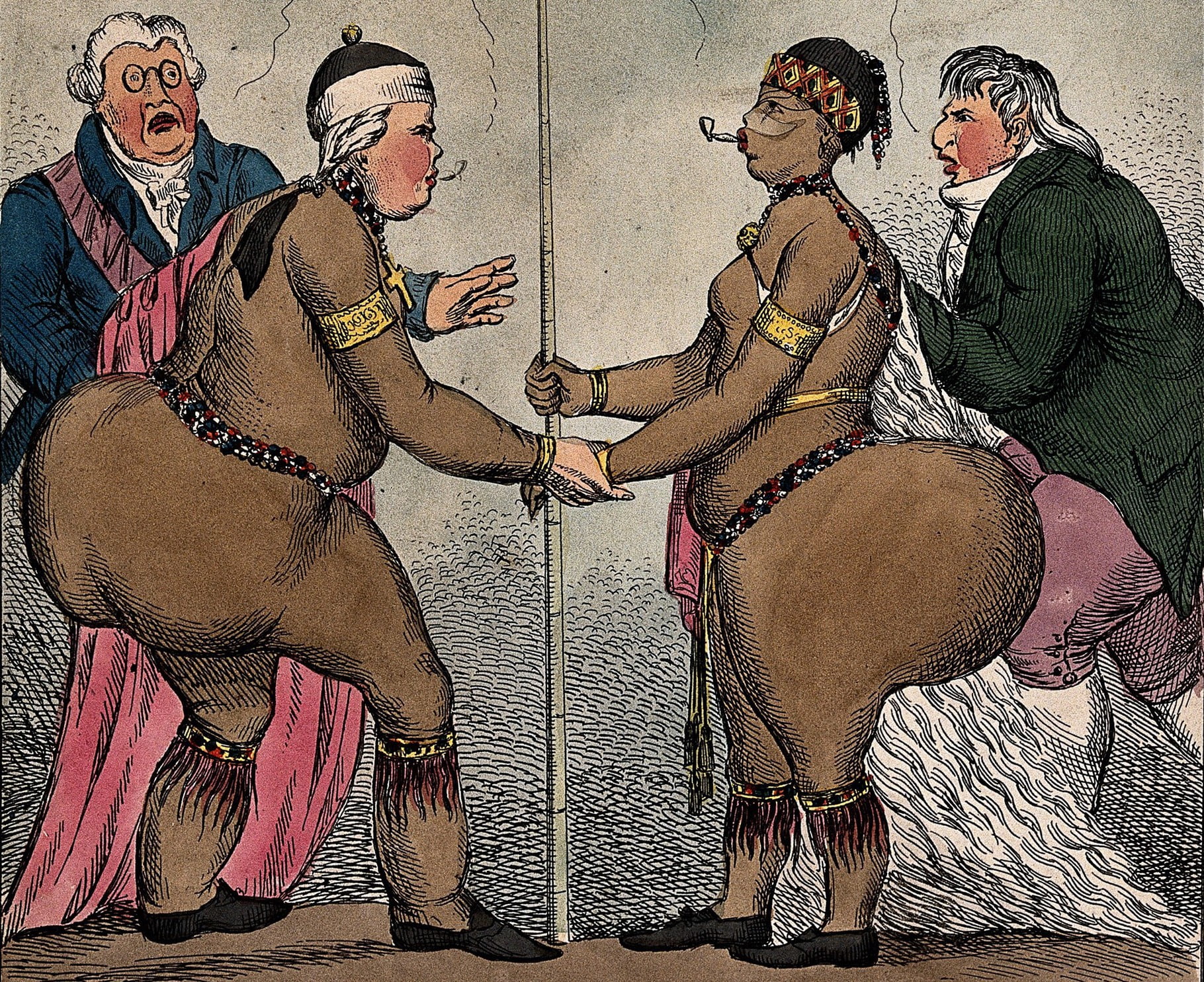Prostitution During the Colonization of US
Apr 25, 2023
This paper discusses the history of prostitution during the colonization of what would become the United States. It will look at how prostitution became a part of everyday culture in many areas, as well as its social and legal implications for those involved.
The practice of prostitution is thought to have first appeared in North America during European colonization in the 17th century. Initially, it was seen mostly among Native Americans, who practiced their own forms of sexual exchange. However, with the influx of Europeans into North America, modern-style brothels and other forms of organized prostitution began to emerge. These operations were often run by women who had been indentured servants or enslaved people brought from Africa.

In areas where there were large numbers of immigrants or soldiers stationed, especially during the American Revolution, prostitution became more widespread. It was seen as a way to make money and provide companionship to men who were often away from home for extended periods of time. Prostitution also became common in areas where there was economic distress or poverty, as it provided women with an opportunity to earn money.
Despite its popularity, prostitution remained illegal in most parts of colonial America. Punishments for engaging in prostitution ranged from fines to jail time, and some states even allowed for whipping or branding as punishment for those convicted of the crime. This reflected a general attitude towards sex work at the time; many people viewed it as immoral and dangerous, and sought to keep it out of their communities.
At the same time, however, prostitution was also seen by some as a necessary evil. In some cases, it was tolerated in order to keep men out of taverns and away from more dangerous activities such as gambling or drinking. There were also those who viewed sex workers as providing an important service to troops stationed in their communities.
Overall, prostitution during the colonization of the United States was largely seen as immoral and illegal. Despite this, it continued to be a part of everyday life in many areas due to economic necessity or social acceptance. The legal implications for those involved ranged from fines to jail time, but there were still those who saw it as a necessary evil and offered tacit acceptance of its presence in certain communities.
